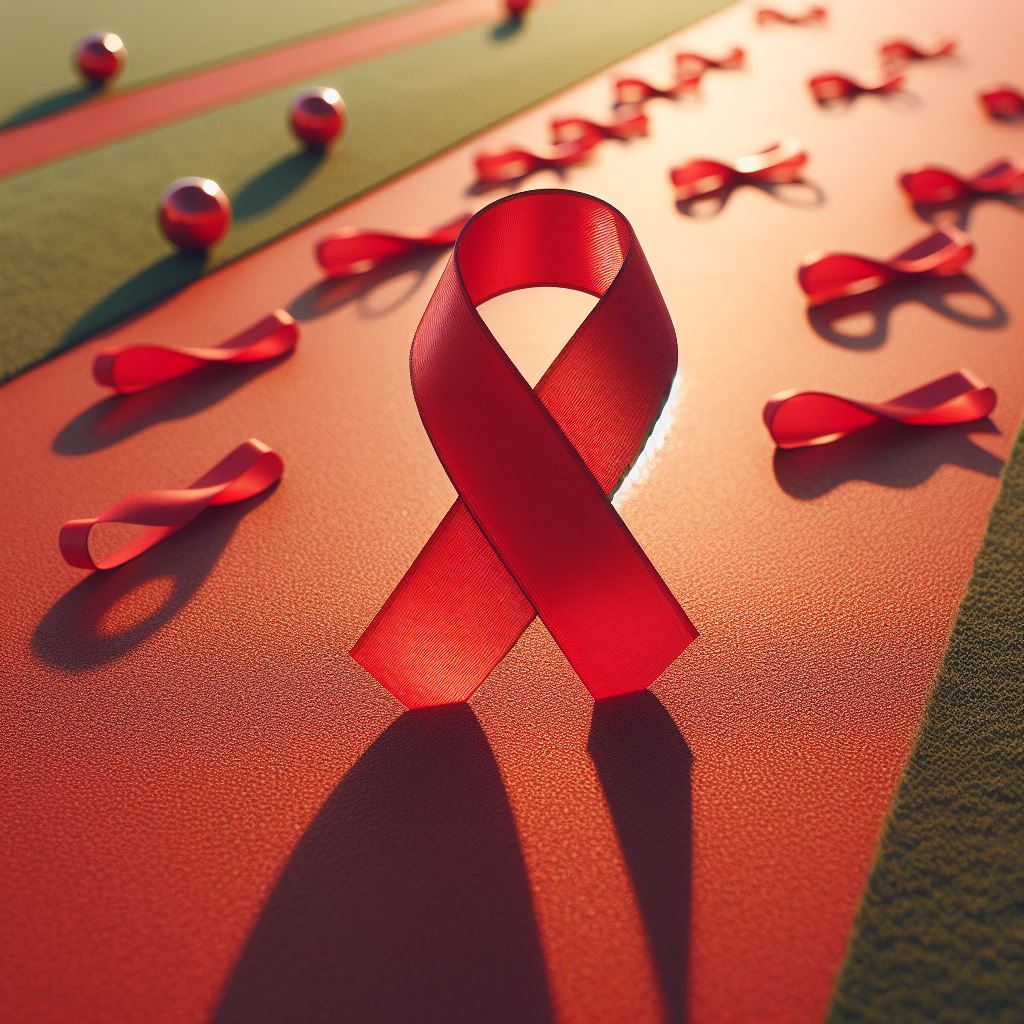Introduction:
The global fight against HIV/AIDS has entered a critical phase, with the Fast-Track City Program playing a central role in accelerating progress, particularly in Africa. This initiative, leveraging the power of urban centres, has demonstrated significant steps in the right direction with curbing the spread of HIV and reducing AIDS-related deaths. As we examine the program’s impact, it becomes clear that the path to ending AIDS as a public health threat by 2030 is not just aspirational but achievable.
The Genesis of Fast-Track City Program Impact
Launched on World AIDS Day in 2014, the Fast-Track City Program strategically responds to the urbanisation of the HIV epidemic. This program focuses on cities, leveraging the agility of local governments and the closeness of elected officials to their constituents. This strategy has yielded impressive results. Key urban areas have seen increased access to pre-exposure prophylaxis (PrEP) and a decrease in HIV incidence.
A Hope for Africa’s Urban Centres
In Africa, the Fast-Track City Program has catalysed change in urban settings, often outperforming initiatives in the Global North. Cities like eThekwini (Durban) and Johannesburg have shown a sharp rise in PrEP uptake, while Lusaka and Kingston have halved their HIV incidence rates. These successes underscore the potential for African cities to lead the charge in the global HIV response.
The Expanding Network of Fast-Track Cities
The Fast-Track City Program has grown exponentially since its inception, now encompassing over 550 cities worldwide. The network in Africa includes high-impact urban areas such as eThekwini and Johannesburg. International donors like PEPFAR and USAID directly support these areas. South Africa boasts 14 Fast-Track cities. PrEP initiations in these cities increased from approximately 170,000 in 2021 to 217,000 in 2023. This increase shows the dynamic influence of the program. This growing network of cities collectively commits to ending the HIV epidemic. Each city contributes to the global health and resilience tapestry.
Narrowing Gaps and Building Capacity
The International Association of Providers of AIDS Care (IAPAC) plans to integrate HIV care with broader health services. This approach is vital as health financing declines and the risk of neglecting the HIV infrastructure increases post-pandemic. The association actively works on reducing stigma, ensuring equitable access to care, and building health workforce capacity. These efforts are crucial for maintaining progress.
The Road to 2030 and Beyond
As IAPAC aligns with broader global health goals, it is rebranding to Fast-Track Health, expanding its mission to encompass the convergence of HIV with other health challenges. This approach reflects a commitment to a ‘whole health’ outlook, prioritising equitable access to health services and promoting the highest attainable standard of health for all.
Conclusion:
The Fast-Track City Program has proven to be a transformative force in the global fight against HIV/AIDS. Its impact in Africa, particularly in urban centres, offers a blueprint for success and a clear pathway toward ending AIDS as a public health threat by 2030. As we continue to support this initiative, the promise of a healthier future for millions becomes ever more tangible.




